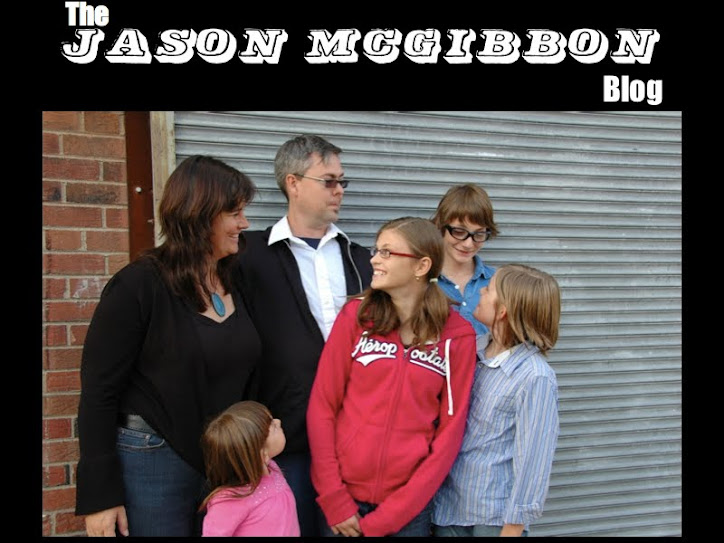So, our epic adventure of gaffs and misfortune seems to continue. A sick daughter, a flaming stove, an obstinate customer service agent and now a chili pepper assassin.
Being without a stove, and preparing to host our weekly dinner, bible study and band practice we thought slow cooker chili would be an ideal fit. I started by cooking the meat over night, so that we could clean the slow cooker and prepare the other ingredients today, reserve some to be vegetarian and then add the meat back in for the last few minutes. A perfect plan. One thing, however, that we did not factor in was the murder attempt by the chili pepper assassins.
One of my pet peeves is when you go to the grocery store and they are out of staples. That happened last week, no milk and no chili powder! When we made a stop by the Indian Grocery for some particular chutney, we saw chili powder on the shelf and thought "perfect - we can just grab it here." Thinking that this is an Indian grocery, and that they tend to have things spicy, we opted to be safe and get the chili powder marked "MILD." All was good. So, back to today.
We prepared the chili and added only a minimal amount of powder to begin. When we did a quick flavour taste...WOW - ATTACK OF THE CHILI PEPPER ASSASSINS -my wife was almost knocked on her backside and her lips suffered major trauma. Apparently "MILD" is relative and may have some different interpretations. What is "MILD" in the context of an Indian grocery store may not be the same as what is "MILD" at the local big box chain store.
It got me thinking about context and communication. How often does this happen, that we fail to consider context - who is communicating and to whom, what is the situation, what is the environment or time etc. and how do all these factors affect how we understand what is going on, what is being said or what is being done? Or how will such factors affect how my words or actions will be interpreted? These kind of questions become increasingly important as cross generational and cross cultural communication increases. There are so many factors that can affect context.
As one who is tasked primarily with communicating scriptural ideas to those around me, this gives me pause to think. I am mindful of how I must handle scripture itself. One of my biggest pet peeves is how often and how easily we can take scripture out of context - you can make it say almost anything you want if you are just a bit creative with context! Then there is how I will communicate truth to those around me. How might they interpret what I am saying and will the concepts be clear. Will "MILD" mean "MILD" to them?
I am starting to learn that teaching might require as much listening and learning as it does speaking!
Subscribe to:
Post Comments (Atom)





No comments:
Post a Comment